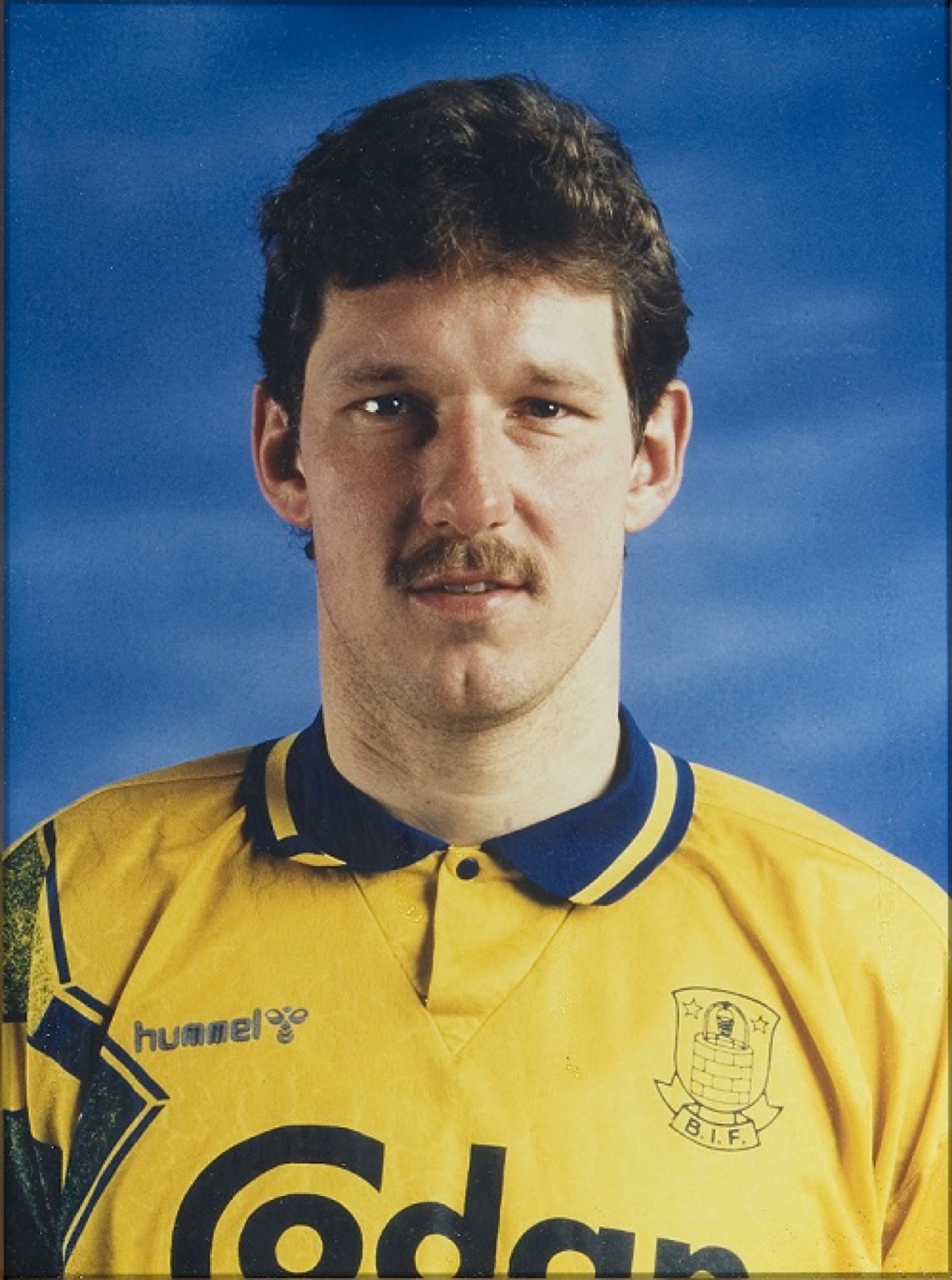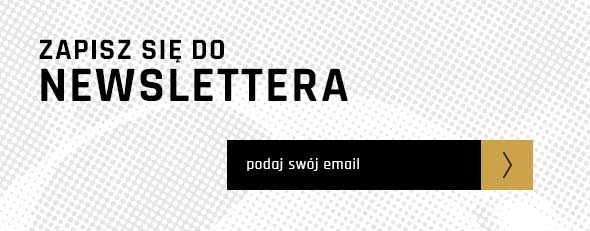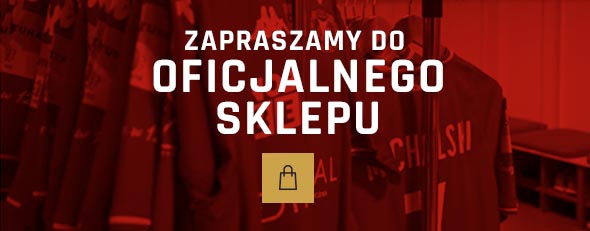Global categories
We still remember Widzew - an interview with Kim Vilfort
Bartosz Koczorowicz: It’s been almost 18 years since you finished your professional football career. What have you been doing for such a period of time?
Kim Vilfort: For all those 18 years I’ve been in charge of youth departments. I was acting within DBU being a member of a men’s elite youth group. Then, I was cooperating with ECA (European Club Association – ed.). Now I am working in Brøndby IF, where I am in charge of a youth department as well.
This means that (with some short breaks) you’ve been representing Brøndby IF since 1986, which results in almost 30 years of work there. That’s a significant amount of time. It is quite seldom to see such loyalty nowadays.
- I agree that I’ve spent very long time here. Sometimes I am saying to myself it’s been too long. (laughter) Such a situation has happened because at the time of my career finish, the youth football in Denmark started to develop. Previously, there were not many full-time youth coaches. Everything has changed after 1998, and that helped me to find a job in a youth team after I retired from professional football. I wasn’t a coach at the beginning – I was working in football administration. I am educated as a school teacher, so I am interested in development of young people. Combining this fact with being previously a football player, I think, I have had a background to work with youths.
It must be a great pleasure for young players to be taught by the icon of Brøndby club, which definitely you are.
- For them at the start it is always a chance to meet a famous former player. When it comes to the long-term, however, they start to understand that they need to work hard and do the things in the right way during the trainings.
You finished your career in 1998 – just before Brøndby IF qualified for the first time to UEFA Champions League. Don’t you regret that decision from the time perspective? Maybe it was too early to finish?
- No. When you make a decision in a situation you are, you think about it beforehand. I didn’t have interest in postponement of my career end, sitting on the bench all the time. I was the captain of that team. The last three contracts I had in Brøndby IF lasted for half a year each, so I was preparing myself for the last period of play. In 1998 we won doublet (championship and the national cup – ed.). Furthermore, that was the third championship in a row. Finally, in my last professional match (against Odense – ed.) I scored the only goal. That was a great finish of my career, I think.
As we have already mentioned, you came to Brøndby IF in 1986 having returned from Lille OSC, Ligue 1. What made you go back to the domestic league?
- I think, it was a little bit the way I am. I went to play in France when I was 22. Before that I was a part-time footballer. I represent the old-time approach. My look at football is not like nowadays, where the players are just focused on their careers and that’s all. I was thinking also about what to do for a living apart from football. Therefore, I finished my education as a school teacher in Brøndby. For the first two years I was playing in this club during my school time. I had different thinking about football and life.
When it comes to the season spent in France, the tactics of Lille was to play with two offensive players at the front. For me, it was important to play on the pitch as much as I could. Unfortunately, I did not score as many goals at that time as it was expected and the club decided to sign a contract with another striker who was French. Because of that, I became the 3rd option in the attack. I thought it was better for me to return to Denmark and finish my education there. Brøndby IF created such a possibility for me. It was the first paid transfer in the history of Danish clubs. Brøndby IF was also the only fully professional Danish football club at those times.
When you became the Brøndby IF player in 86-87, it was the first season in history of that club in European Cup. You scored two goals in that edition.
- Yes, both against Dynamo Berlin. It was a dream for a club to represent the whole country in such a tournament. It was fantastic to play in Europe. We had started our run by winning against Honved Budapest and Dynamo. We were eliminated by FC Porto that won the cup. That season was a very big moment for the club.
At the end of 80s and beginning of 90s Brøndby IF became the biggest club in Denmark. In 1991 the club reached the UEFA Cup semifinal. In this year you have also been awarded the Danish Player of The Year title. Was that one of the peaks of your career?
- Actually, I distinguish three peaks throughout my career – the first one when I was thirteen years old and I was playing in my mother club, Skovlunde. We won the Eastern Denmark Championship by beating 3-2 a very strong team at that time. In that match I scored three goals. It was a fantastic moment for such a young player like I was and also for the club I come from. The next peak was the year 1991 already mentioned by you. I will also never forget my goal in the EURO 1992 final against Germany.
Having mentioned EURO 1992, let us remind that Denmark was not supposed to play in this tournament, but Yugoslavia was disqualified due to the Yugoslav wars, 10 days before the tournament started. How did you, the players, react to the news that you will play in EURO 92 instead of them? Where were you, when you got to know about going to Sweden?
- Half of the players from the national team was on vacations, and the rest ten of us, who were playing in the Danish league, had still to compete in the league, as our national team did not manage to get the qualification, so there was no need to finish the season earlier. Because of that, the end of the league occurred just couple days before the EURO 92. Politics is often mixing with sport in life. According to UEFA order, Denmark was chosen to replace Yugoslavia as we got the second place in the qualifying group. We said “OK”, but I think that situation was strange.
How have you been informed that you should start packing and go compete in this tournament?
- To be honest, I can’t remember the details about a form of contact, but I can recall that I was talking about preparations one or two days before the final decision. I think we did not really believe in what was happening around us.
That was a big surprise for the whole Europe that a team which was not supposed to play in this tournament has won it. What was, in your opinion, the main factor of your success?
- I think there were three such factors. First of all, we simply had a good team. For example, we beat Yugoslavia 2-1 at their territory in the qualifying group at the moment when there was still something to play about. Yugoslavia was in the Top 3 in the world at that time in my opinion. Secondly, ten players from the squad were playing or had been playing in Brøndby IF. Of course, that was not exactly at the same time, but we knew each other very well. The last one is that a lot of the players had been playing in Denmark’s National Team U-21. Those are the people who are one or two years younger than me. They reached the quarterfinal in the European Cup U-21 against England.
Furthermore, there were also football players from the Olympic team, including me, who were fighting for a qualification to Seul ‘88. We won the group, but we played match against Poland having one player who was not eligible to be on the pitch in that game. We lost two points and, in consequence, the first place in the group, which resulted in a lack of qualification. A combination of all those mentioned teams and a coach Richard Møller-Nielsen who moved to the first national team from the youth team was the key to success. We all knew each other very well. This was a strong foundation for a good team.
In the EURO 92 final, Denmark faced Germany. Matches against that opponent are as interesting for the Danish nation as the ones with Sweden. I could imagine the happiness of the Danes after the last whistle.
- It was a great and memorable moment for the nation. The most important was that we were winning. We had beaten France, Holland, Germany – the absolute top of the European football. It was not only a one lucky shot. That was a fantastic experience. It was summer, the weather was good.
We had become recognized by the European community actually twice at that time. That was definitely a special time for us. If you asked most Danes what are the most memorable moments at that time, they would mention European Championship in 92 and the referendum in which Denmark said “No” (Danish Maastricht Treaty Referendum – ed.). We, the Danish people, felt like someone special, in a good way, of course. There was a big party at the centre of Copenhagen. Everybody remembers where they were at those moments. It is fantastic for every country to win such a tournament.
Also during those times Brøndby IF faced a financial crisis because of the failed investment in Interbank which significantly reduced the power of the club. Was it hard to adapt immediately to the new reality?
- We were inches from being closed. That is never a good situation for every football player who belongs to a club with financial problems. Most of the players had only one profession, whereas I had a degree so I could go out of the club and become a teacher. In Denmark, professional football is not as big as in bigger countries. That could be seen even more at the 90s. It would have been a difficult situation for my colleagues if the most pessimistic scenario had happened.
How have Brøndby IF managed to recover from such a disastrous situation?
- Despite our problems, we were still the most interesting club in Denmark, I think. All the other teams were just starting to become professional clubs with full-time players, while we had already a very strong foundation. As far as I remember, Superligaen became fully professional in the middle of the 90s. Therefore, we were still one or two steps ahead of the others, which helped us survive worse times. Furthermore, Brøndby IF has always been known for talent development. When you don’t have the money to buy anyone from other club you can always look at your youth teams and you can find very good talented players there who are ready to make a next step in their careers.
 |
| Kim Vilfort |
The club eventually went back on the right track by getting the Danish Championship in 1996, which enabled Brøndby IF to compete in Champions League qualifications. Our club was drawn as your opponent.
- My first thought about matches against Widzew is their goal for 2-3 in Denmark, which was scored offside. It was a great disappointment for us that we had been eliminated in such circumstances. We were watching the replay of that situation many times in the TV. However, the most important thing was that we created a lot of chances that we did not convert into goals, so the final score is mainly the result of our faults.
The first leg of the qualification round took place in Łódź, were you lost to Widzew 1-2. What do you remember from the match in Poland?
- I think, we knew that it was a similar team to us. We were aware of their level of play, which was nearly equal to ours. It was OK for us to lose 1-2 in Poland. In the second leg we were leading 3-0. I think this was a very good match played by us. We created a lot of big chances. We could lead 4-1 or 5-1 because we were still playing offensively, despite conceding the first goal, but this is football. In such situations it is the details that makes the difference.
Despite the high lead in the match, it was Widzew who managed to reduce the loss and thus qualify to Champions League.
- I think, our main fault was that we were not that much focused on the defense in the second leg. The match was going very well; much better than the first one. Everything was in our hands and we just let it go.
Did that loss have an influence on Brøndby IF in further seasons? Lack of qualification to Champions League has always meant also lack of potential money that could have increased the budget of the club.
- I don’t think so. We were still getting the championship titles in Denmark, so we were getting another possibilities to qualify for Champions League. Of course, the more money you have at the start, the higher chance you get. But it is also difficult to say how it could have been and how such money would have been invested. You will never know. We came across different situations throughout all those years and eventually Brøndby IF managed to play in the UEFA Champions League group stage. This is life – sometimes the luck is with you and sometimes it isn’t.
Probably you might be surprised to hear that your opponent from the 1996 is now playing in the fifth division due to previous financial and organizational problems. The club has to start from scratch.
- Despite it’s recent situation, we still remember Widzew Łódź. In my opinion, this is one of the most known clubs from Poland in Denmark and our clubs face the ones from your country sometimes in the European cups.
This year, everyone who is interested in football is looking forward to June, when UEFA EURO 2016 starts. How had that happened that despite 24 places in this tournament we won’t see Denmark playing in France?
- I think we were not playing well in 2015. We had big problems with the offensive play which resulted in no goals. Those were the two biggest reasons for our failure. If we could not beat Armenia or Albania at home, than there is no surprise we did not qualify. We played four matches in which we did not score any goal. We don’t have a team. We have good players who belong to clubs from foreign leagues, but not all of them play regularly. Too many of them are sitting on the bench, because they have insufficient skills on their level. Too many of Danish players go abroad immediately. That obviously causes a problem for the national team.
Although it is still three months till the tournament, who is the favourite of EURO 2016 in your opinion?
- It is, indeed, difficult to predict the winner of that tournament at this moment, but I think that France can be a very strong team during the EURO. I would also count on Germans, who are always very well-prepared for tournaments. Besides, I have seen some matches of Austria during the qualification phase and they were playing very well. I don’t think they will win, but they definitely might surprise everyone.
Have you seen maybe some matches of Poland, which is going to be a group rival of Germany at the UEFA EURO 2016?
- Not much, to be honest. I have seen only some of their matches. I remember one match in which Polish players did a great job. My feeling about that team is that they have many ups and downs. When the match is going well, they present a high-level football, but there are moments in which the slow-down is visible.
One of our main hopes in this tournament is Robert Lewandowski, the captain of the national team. What do you think about his recent form?
- He is definitely good at scoring goals, that’s for sure. Right now Lewandowski has the greatest moment in his career. However, there will be a moment in which his form might go down a little bit. Therefore, the main question is, for how long he can be in such a shape.
Photos thanks to Brøndby IF official website - brondby.com























